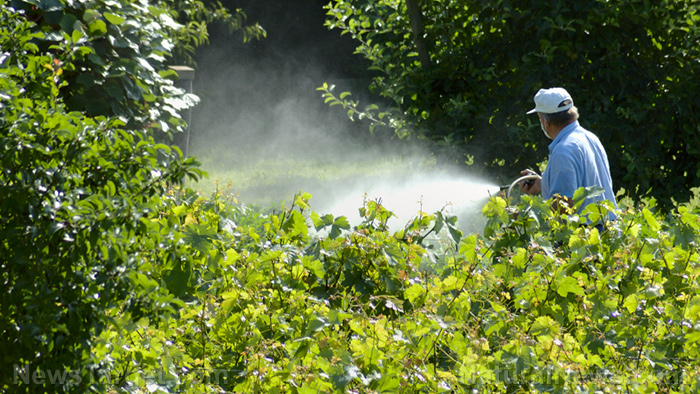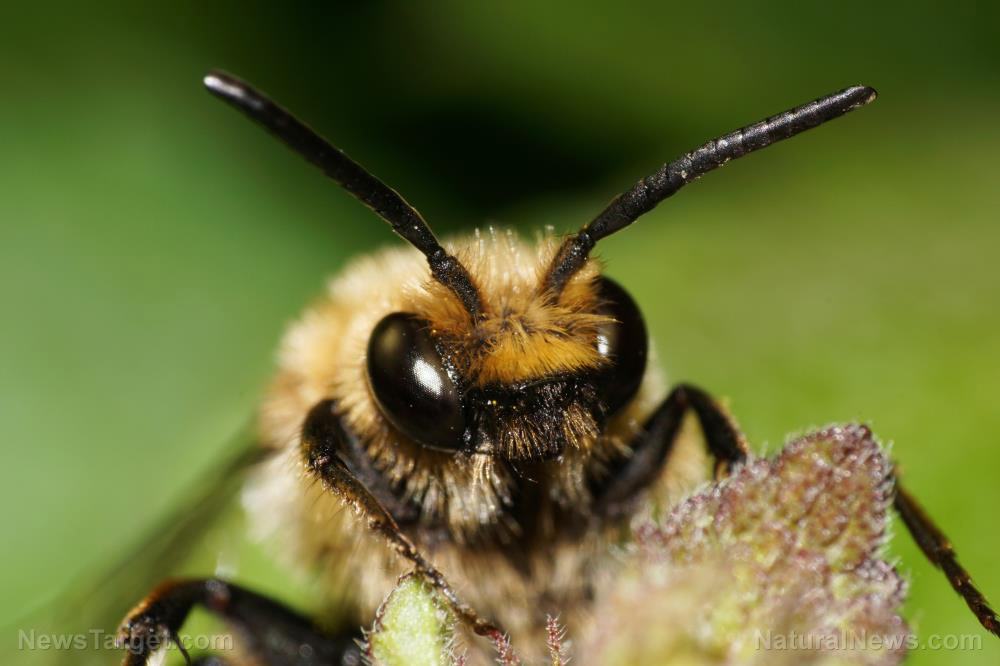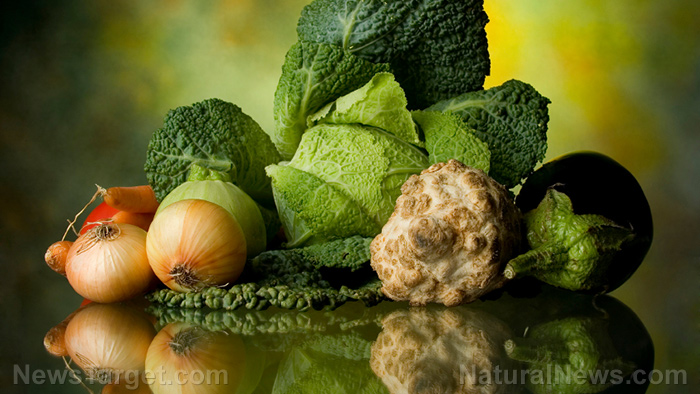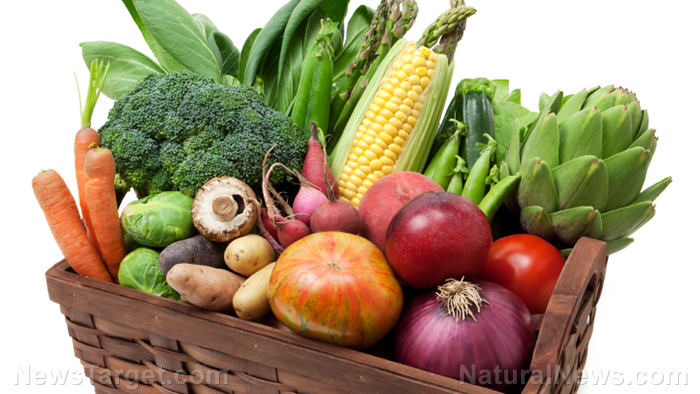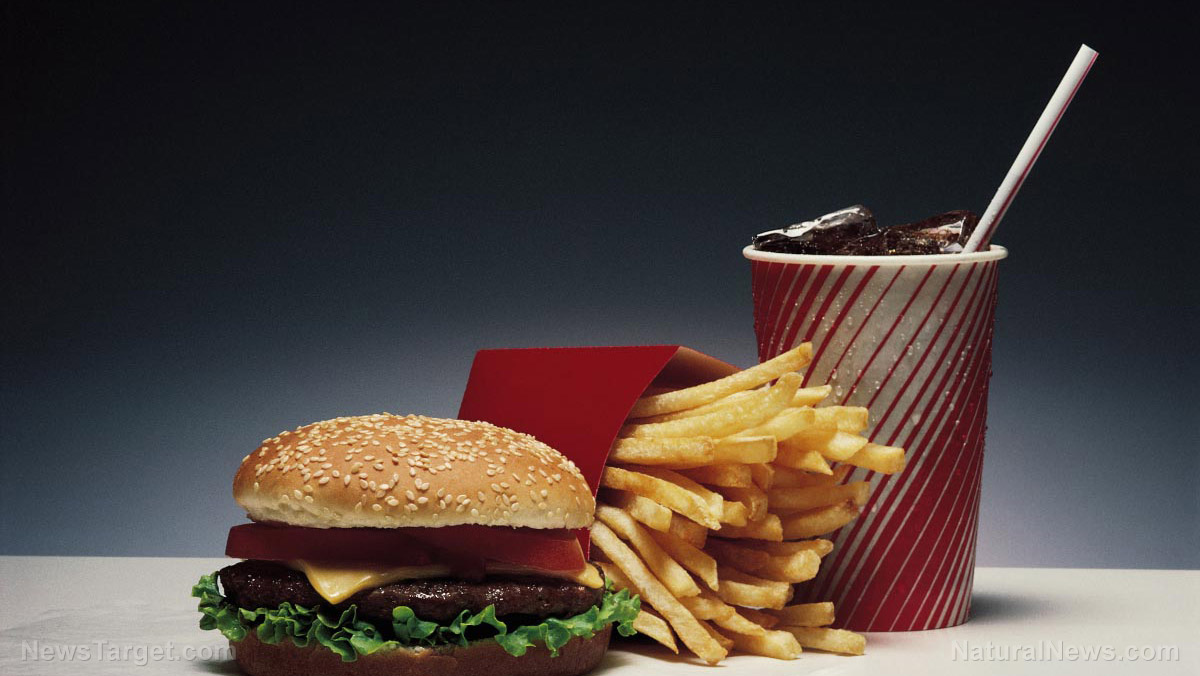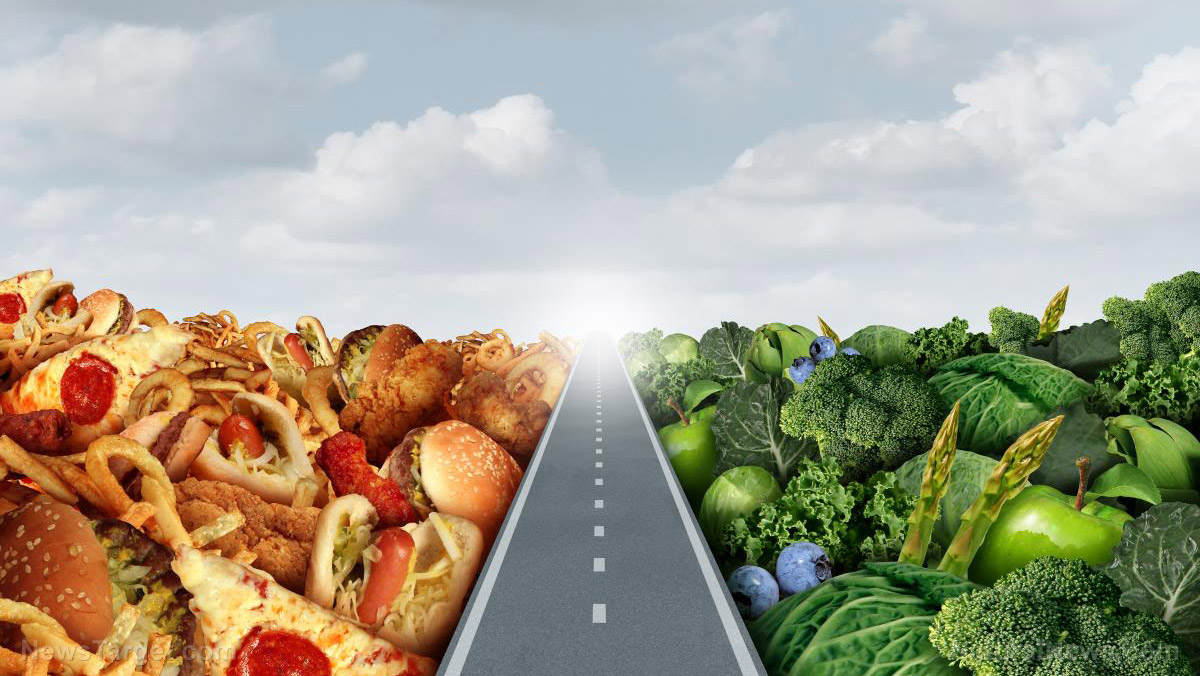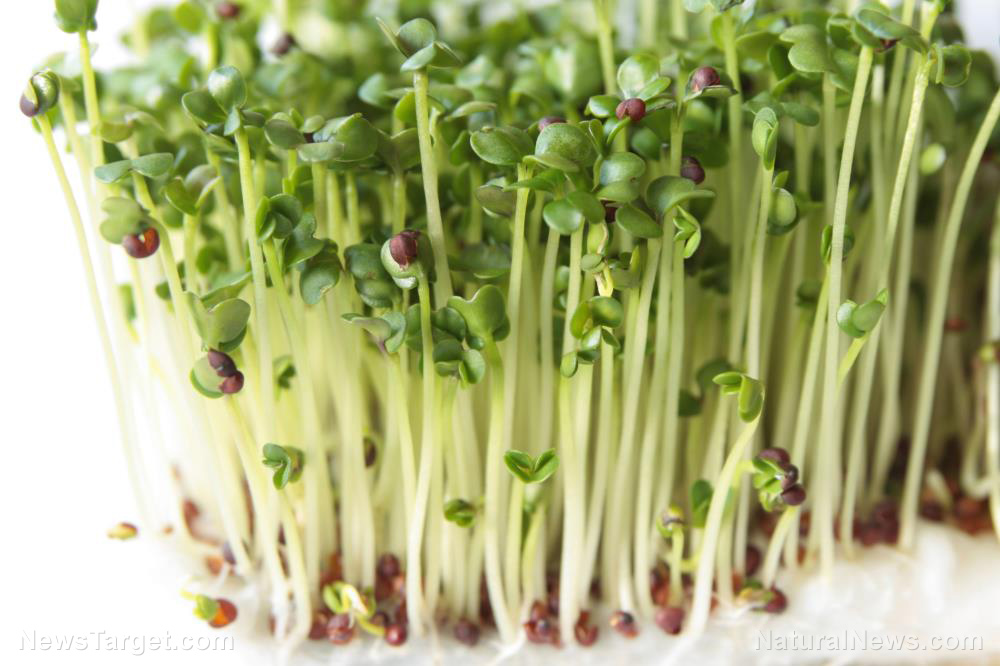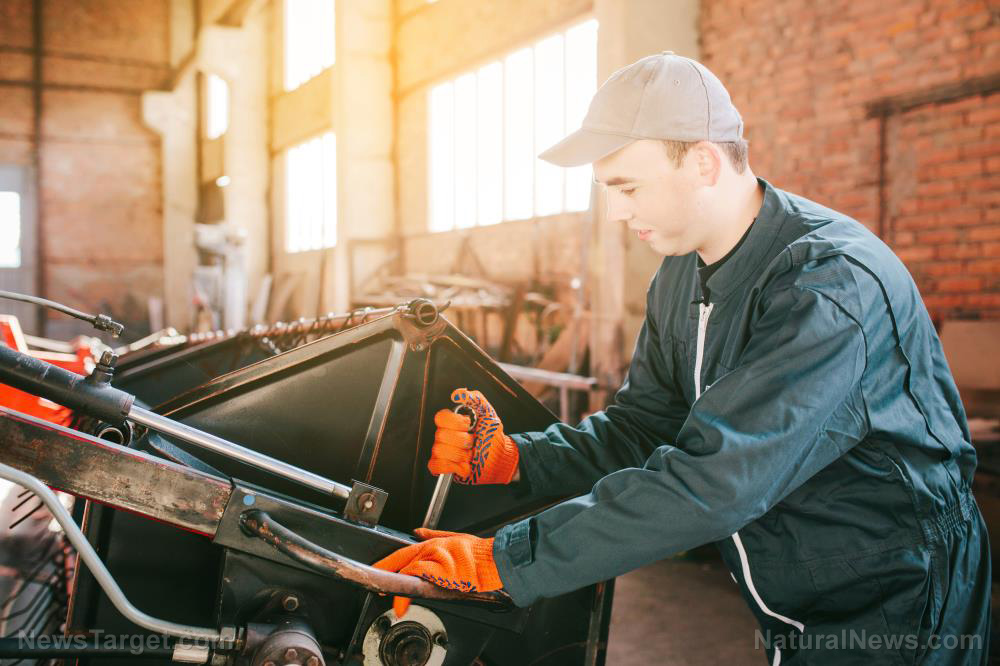Maine ratifies food sovereignty rights into their state Constitution
11/08/2021 / By Lance D Johnson

Across the Nation, cities, municipalities and even rural towns have routinely voted to keep livestock out of city limits, dictating what people can and cannot raise on their own property. This has led to the persecution of raw milk farmers and other small producers. Some cities have even targeted and fined people for converting their lawns into small self-sustainable farms. Even the act of collecting and using water for food production has been banned in some areas of the country. In Michigan, the nonessential governor tried to block people’s access to seeds in 2020.
In the latest election, the people of Maine did something revolutionary for food sovereignty. The people of Maine bypassed petty dictators at the city level and ratified their “right to grow food” straight into their state Constitution. Individuals can now raise animals and convert their lawns into small farms. Small food producers can even sell directly to customers on site.
This is a big win for human rights and property rights. This act of liberation deals a significant blow to the United Nation’s Agenda 21, which seeks control over local food supply and production.
Maine becomes first state to secure food sovereignty rights in state Constitution
The right to grow food and raise animals is really a matter of property rights, a principle that should already be protected under the U.S. Constitution. In the last election, voters in Maine received a statewide referendum asking whether they support an amendment to the Maine Constitution. This amendment, already approved by the Maine legislature, “declares that all individuals have a natural, inherent and unalienable right to grow, raise, harvest, produce and consume the food of their own choosing for their own nourishment, sustenance, bodily health and well-being.”
The referendum passed with overwhelming support, securing the individual’s right to provide for themselves on their own property. “It’s always a good idea to secure and protect an individual right in the world we live in. Food is life,” said Hickman. “I don’t understand why anyone would be afraid of saying so out loud in the constitution.”
The Maine Farm Bureau was not on board with the Constitutional amendment. Dubbed the “largest farming advocacy group in the state,” the Maine Farm Bureau contradicts their own purpose and reason for existence. It seems the Bureau is more interested in holding individuals down, protecting large farmers, and advancing the corporatization of food. Large landowners and corporate retailers are disconnected from the local community, so they shove subsidized GMOs and factory farmed animals down people’s throats. Local food producers, on the other hand, are directly connected to the community and can respond to the needs in that community.
Food sovereignty more important than ever, as tyrannical mandates and shortages threaten the food supply
With the Biden regime threatening an individual’s ability to provide for their family, the right to grow one’s own food becomes even more important. As food prices begin to skyrocket and shortages become more commonplace, food sovereignty becomes a powerful defense against impending Holodomor. If the Biden regime thinks it can illegally practice medicine, violate medical ethics and threaten people’s careers and provision, then the regime is one step away from using food and energy as a weapon against people.
Holodomor refers to the Ukrainian famine of the 1930s, a famine that killed millions. This was no ordinary famine. This was a terror-famine engineered by the government to confiscate people’s food and beat back resistance to the Soviet government. The U.S. is one step away from a modern-day Holodomor, as careers are threatened and bodily requirements are coerced into existence. For these reasons, food sovereignty is now more important than ever. For more on nutrition, food sovereignty and self reliance, check out Food.News.
Sources include:
Tagged Under: body autonomy, farming, food freedom, food science, food security, food sovereignty, food supply, free market, Fresh, gardening, harvest, Holodomor, human rights, Maine, organic farming, property rights, self reliancce, Small farms, small producers, terror famine
RECENT NEWS & ARTICLES
COPYRIGHT © 2017 FOOD SCIENCE NEWS

